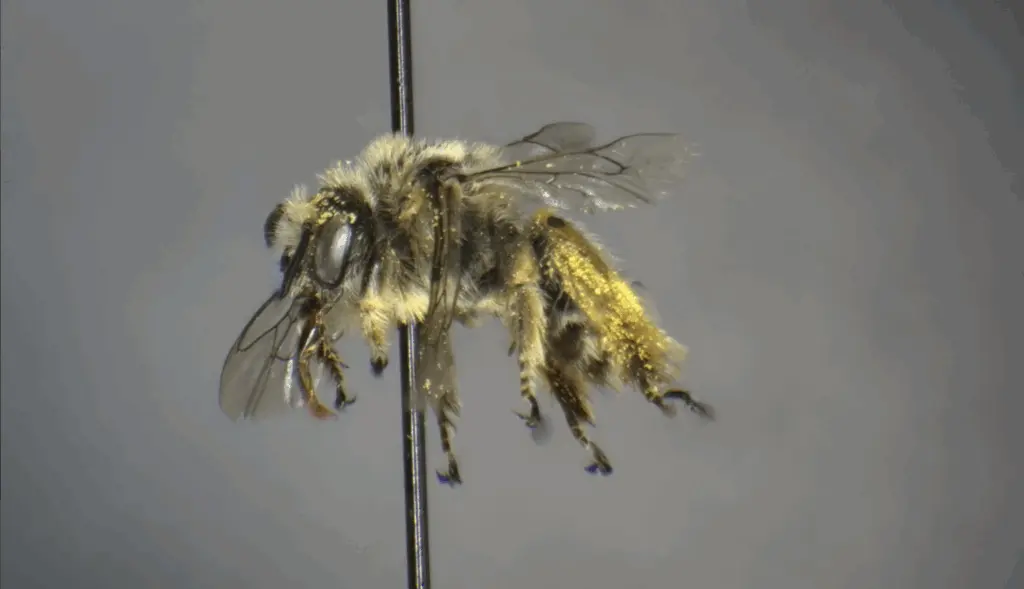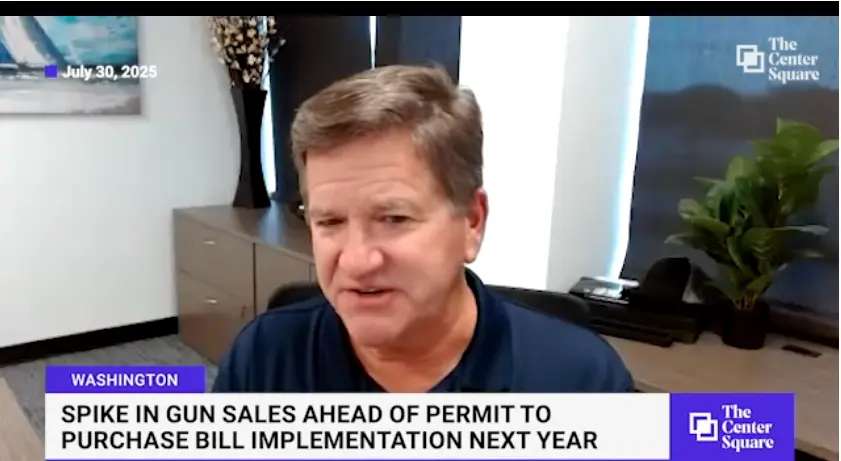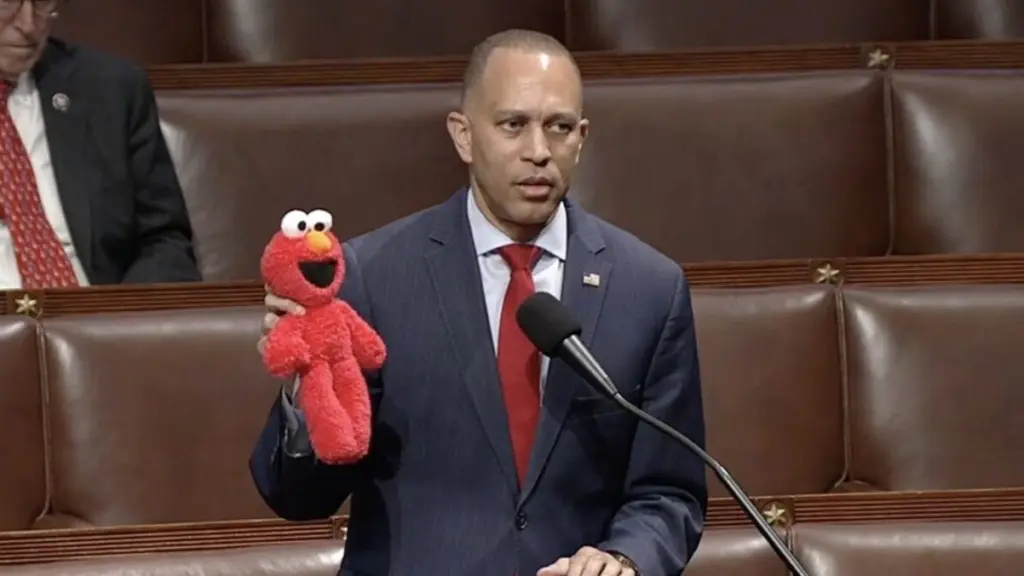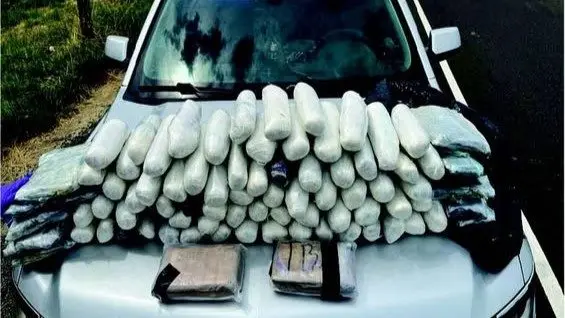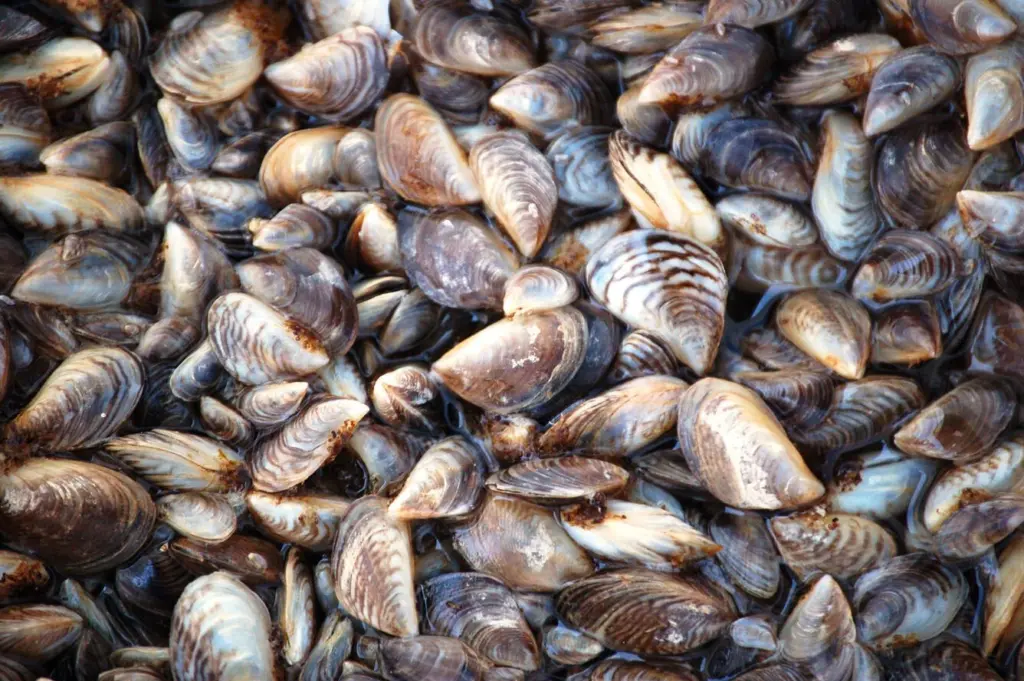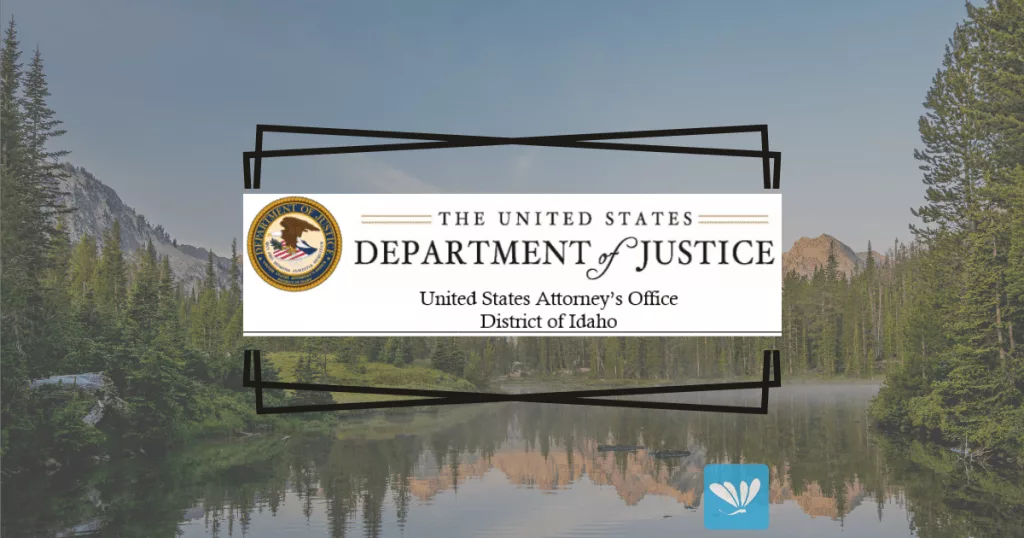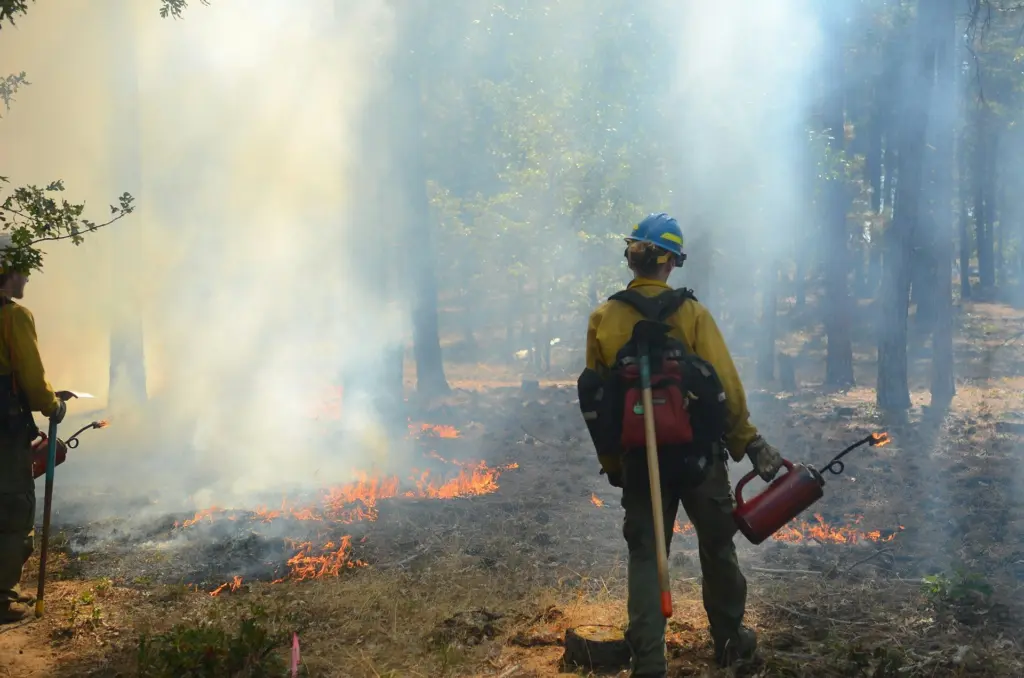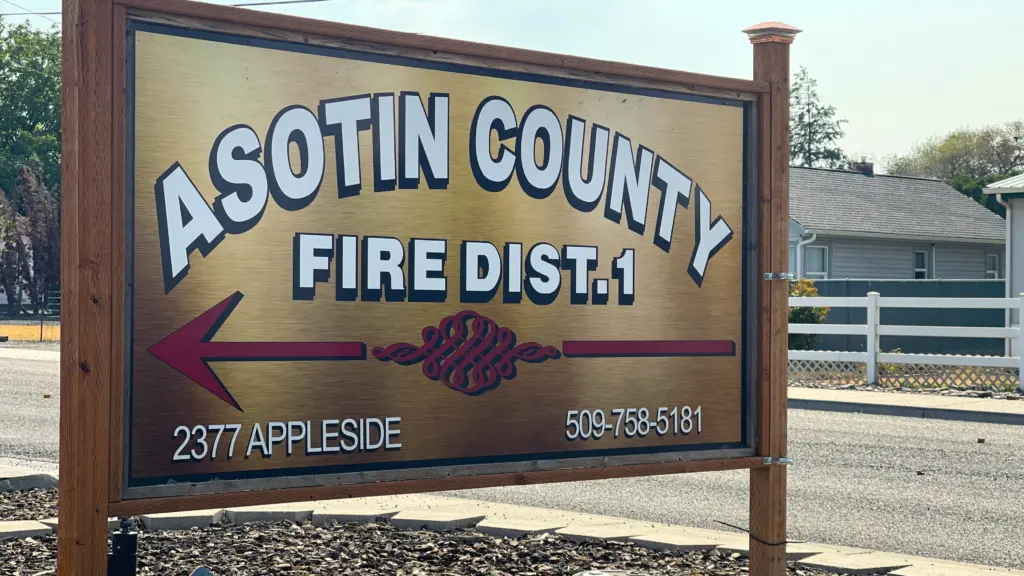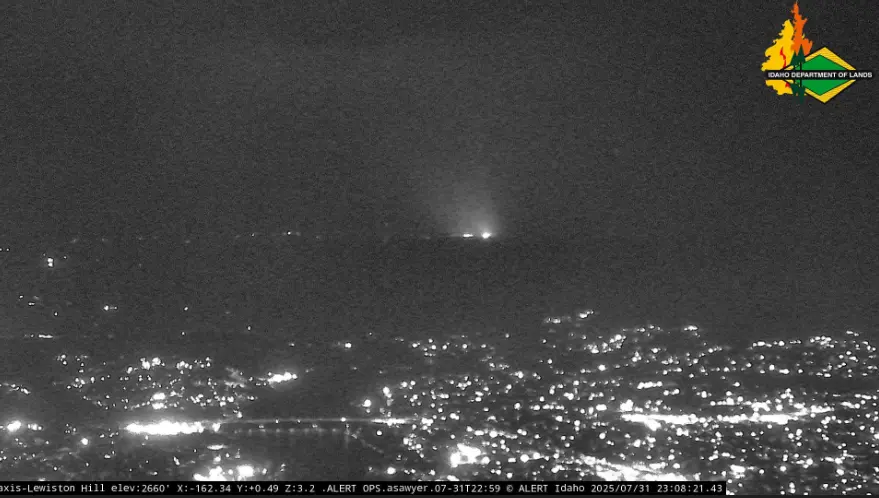Olympia, Washington During the first year of a new Washington state initiative aimed at better understanding the insects, over two dozen new and rare bee species were recorded.
As its Bee Atlas project begins its second year, the Washington State Department of Agriculture is looking for more volunteers to help gather bees.
Karen Wright, pollinator taxonomist for the Washington State Department of Agriculture, stated that we are only beginning to discover amazing facts about our native bees. But more assistance is still required. Washington is a big state, and we don’t have any volunteers in several counties. More skilled individuals searching for and documenting our native bees would be greatly appreciated.
The Oregon Bee Atlas, which debuted in 2019 as a component of the larger Pacific Northwest Bumble Bee Atlas, serves as the model for the Washington Bee Atlas. This study, which started in 2018, keeps an eye on bumble bee activity in Idaho, Washington, and Oregon.
Although Washington is still included in the Pacific Northwest Bumble Bee Atlas, the Washington Bee Atlas was introduced in July 2023 in an attempt to learn more about the state’s native bees, determine which are thriving, and determine which would benefit from conservation assistance.
In order to create suggestions for seed mixes that will benefit pollinators, the Washington Bee Atlas also lists the plants that native bees rely on.
All of Washington’s most recent bee data will be added to the Ecdysis research data site, and ideas are being discussed for other methods to make the data accessible to the general public.
In 2023, the Washington State Department of Agriculture started preparing volunteers for the program.
The majority of bee gathering is carried out by volunteers who have received training on how to gather and pin specimens of museum quality while documenting the host plant and location of the bee collection. After that, the volunteers give Wright the pinned specimens so he can identify them. All specimens not utilized for outreach and teaching will eventually be housed in the entomology museum at Washington State University.
There are no requirements for new volunteers other than being older than eighteen, as the program offers the required training.
Over 17,000 specimens on over 600 host plants were gathered by 67 Washington Bee Atlas participants in 2024.
Many of the bees that were collected have not yet been identified, but the study has found at least 26 new or unusual species in the state.
Numerous noteworthy discoveries have already been made, according to the state Department of Agriculture. These include 15 species that have never been collected in the state before, a bee discovered in Yakima County that hasn’t been seen in Washington since 1917, and another bee discovered in Yakima and Pierce counties that has never been discovered in western Washington before.
According to the Washington State Department of Agriculture, a large number of these bees were identified in central Washington, most likely because native bees have adapted to live in arid environments, such as the microclimates east of the Cascade Mountains.
Chelan County is home to ten of the 26 new or unusual bee species that have been identified thus far.
A University of Washington student and a Washington Bee Atlas volunteer completed a graduate research project that led to the discovery of eight of those bee species that were gathered in Chelan County.
Eight new or uncommon species of bees were found in Grant County, three each in Douglas, Thurston, Clark, Pierce, and Benton counties, five in Yakima County, four in Kittias County, and two in Okanogan County.
A few species of bees were gathered in multiple counties.
“These are only our initial results,” Wright stated. In addition to the numerous chances to discover new or uncommon species, there are still a lot of bees to identify from the collection that has been made.
Since we are a nonprofit news organization, everyone can view our content for free. That is made possible by readers like you. Would you be able to support our watchdog coverage today?
As a 501c(3) public charity, Washington State Standard is a member of States Newsroom, a nonprofit news network backed by grants and a coalition of donors. The editorial independence of Washington State Standard is upheld. For inquiries, send an email to [email protected] to reach Editor Bill Lucia.
